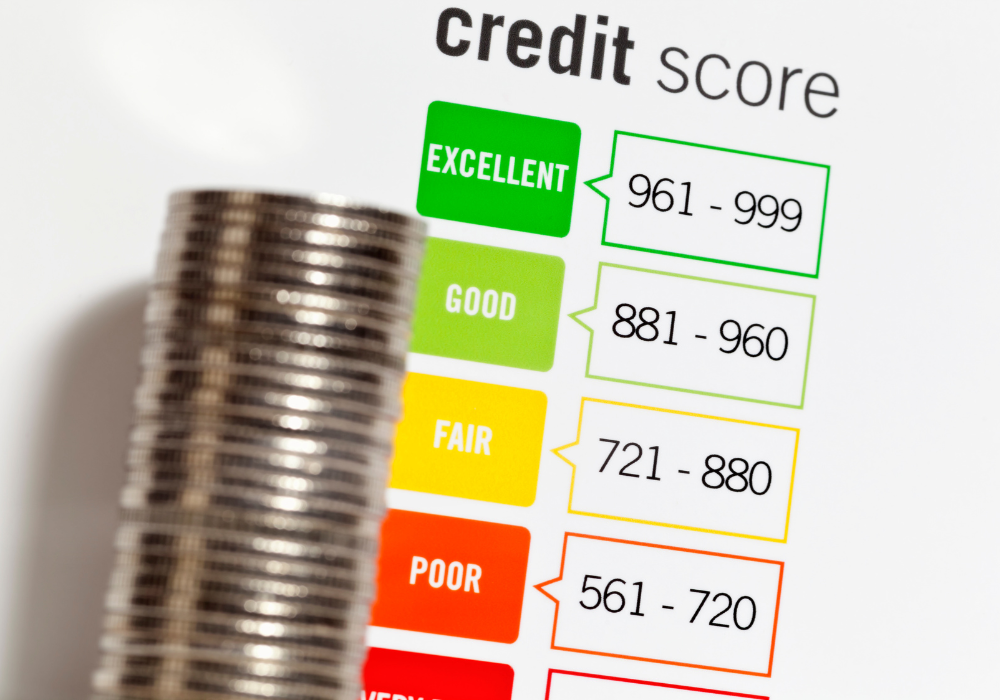Earning more money feels great, and upgrading your phone, car, or wardrobe can be tempting. But as your income rises, spending often follows—and that’s called lifestyle inflation. It can quietly eat away at your savings and slow your path to financial freedom.
The good news? With some simple habits and the right mindset, you can enjoy your income growth without letting spending get out of control.
Recognize the Trap of Lifestyle Inflation
Lifestyle inflation sneaks in when you start spending more just because you can. You might think, “I deserve this,” or “Why not treat myself?” While treating yourself occasionally is healthy, constantly increasing your expenses means your savings might stay the same—or even shrink—no matter how much you earn.
The first step is awareness. Keep track of how your spending changes when your paycheck grows. Without realizing it, your “needs” might become “wants,” and your monthly bills might balloon.
Create and Stick to a Budget
Budgeting isn’t just for when you’re struggling to pay bills. In fact, it’s most important when you have extra income. A clear budget shows you exactly where your money is going. It helps keep spending in check and boosts your savings.
Start by listing all your monthly expenses, including fixed costs like rent and utilities, and variable ones like groceries and entertainment. Then, allocate a portion of your income to savings and investments before planning any extra spending. This way, you pay yourself first rather than waiting to save what’s left over.
Having a budget doesn’t mean you can’t enjoy yourself. It means your spending aligns with your goals.
Live Below Your Means — Even When You Can Afford More
Just because you have the money, doesn’t mean you need to spend it. Living below your means means your expenses are less than your income. This mindset is crucial to avoid lifestyle inflation.
For example, if your salary doubles, try to keep your lifestyle costs the same or increase only slightly. Instead of buying a new luxury car, think about saving the difference or investing it. Small decisions like cooking at home instead of eating out or choosing secondhand items can save you more than you realize.
This approach helps build a cushion for the future, reducing financial stress and giving you more freedom.
Pay Off Debt Quickly and Wisely
Debt is a silent enemy that can grow even as you earn more. You can manage debt wisely and protect your long-term financial health with smart repayment strategies. If you have credit card balances, personal loans, or student debt, prioritize paying them off faster. High-interest debt drains your resources and keeps you locked in a cycle of payments.
Once you clear high-interest debt, consider paying off larger debts like mortgages or car loans sooner if it makes sense. Always check for any prepayment fees before doing so.
Being debt-free or reducing debt as much as possible is a game-changer. It frees up your income, making it easier to save and invest for the future.
Focus on Your Long-Term Financial Goals
It’s easy to get distracted by short-term wants, but keeping your eyes on long-term goals helps maintain discipline. Whether it’s saving for retirement, a child’s education, buying a home, or traveling, having clear goals gives your money purpose.
Try setting up separate savings accounts for each goal. When you see money accumulating toward something important, it feels more rewarding than spending on impulse buys.
Additionally, a raise or bonus is a perfect time to boost your retirement contributions or emergency savings, ensuring your future stays secure.
Read more: Why You Need to Start Saving for Retirement Today, No Matter Your Age
Build an Emergency Fund
Life can be unpredictable. Job loss, medical emergencies, or unexpected repairs can happen at any time. That’s why having an emergency fund is essential.
Experts suggest saving three to six months’ worth of living expenses in an easily accessible savings account. This fund acts as a safety net, so you don’t have to dip into your investments or go into debt when the unexpected occurs.
Starting an emergency fund might seem slow at first, but consistency pays off. Even small monthly contributions add up over time.
Invest Extra Cash Smartly
After paying off debt and building an emergency fund, consider investing your extra cash. Investments can grow your money faster than a regular savings account. Learn how to start building wealth through smart investments and make your money work for you over time.
Retirement accounts like IRAs or 401(k)s often come with tax benefits and can help you save efficiently. Beyond retirement, look into stocks, bonds, or mutual funds based on your risk tolerance.
If investing feels overwhelming, it’s okay to seek guidance. At DGS Finance, we are here to help you manage your money wisely, avoid common pitfalls, and build a plan tailored to your goals. We believe everyone deserves a clear path to financial freedom.
Practice Delayed Gratification
Impulse purchases can quickly derail your financial discipline. When you want something expensive, give yourself time before buying it. Waiting a few weeks helps you decide if it’s a need or just a fleeting desire.
Often, that urge fades. Or you might find a better deal or alternative. This simple habit prevents wasteful spending and keeps your budget intact.
Avoid Unnecessary Debt
Some debt, like a mortgage or education loans, may be necessary. But avoid debt from impulse buys or lifestyle upgrades. Using credit cards for daily spending without paying off the balance each month is a recipe for financial trouble.
Pay with cash or debit when possible. Keep credit card balances low, and always aim to pay in full to avoid interest charges. It’s also important to understand how credit scores affect your finances so you can manage debt more strategically.
Conclusion
Avoiding lifestyle inflation comes down to balance and discipline. When your income grows, it’s a chance to build a stronger financial foundation—not just to spend more. By budgeting well, living below your means, paying off debt, and focusing on long-term goals, you create lasting financial security.
It’s not about denying yourself but making smart choices that keep your future safe and your present calm. With the right mindset, you can enjoy your financial progress while staying worry-free.
FAQs
Q: What is lifestyle inflation and why is it a problem?
A: Lifestyle inflation happens when your spending grows with your income. It’s a problem because it can stop you from saving and building wealth, leaving you living paycheck to paycheck no matter how much you earn.
Q: How can I stop lifestyle inflation after getting a raise?
A: Stick to your current budget or increase spending very slightly. Use most of your raise to pay off debt, save, or invest. Avoid upgrading your lifestyle immediately just because you can.
Q: Is it bad to treat yourself occasionally?
A: Not at all. Treating yourself in moderation is healthy. The key is to make sure it doesn’t become a habit that consumes all your extra income.
Q: Can investing help prevent lifestyle inflation?
A: Yes. Investing directs extra money toward building your future rather than spending it. It can help grow your wealth and keep you focused on long-term goals.










